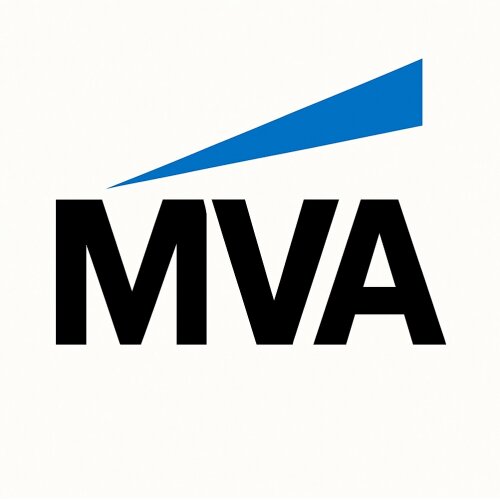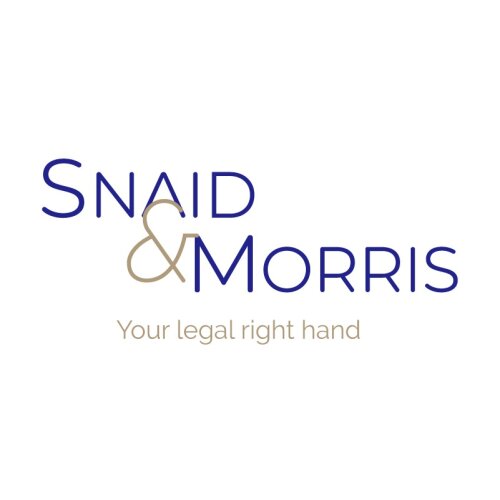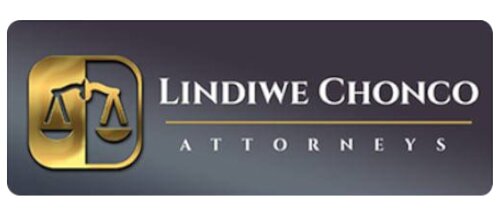Best Collaborative Law Lawyers in Johannesburg
Share your needs with us, get contacted by law firms.
Free. Takes 2 min.
Free Guide to Hiring a Family Lawyer
List of the best lawyers in Johannesburg, South Africa
About Collaborative Law in Johannesburg, South Africa
Collaborative Law is a legal process that offers an alternative way to resolve disputes without going to court. In Johannesburg, South Africa, it's commonly used in family law matters such as divorce, child custody, and property division, but can also be applied in other legal fields. The process involves parties working with collaboratively trained lawyers and, often, other neutral professionals to negotiate and reach a mutually acceptable solution.
Why You May Need a Lawyer
There are several situations where you may require legal help in Collaborative Law, including:
- Divorce proceedings where both parties seek a respectful resolution
- Child custody agreements focusing on the best interest of the child
- Financial settlements, including property and asset division
- Any other disputes where parties wish to avoid contentious court battles
Local Laws Overview
In Johannesburg, as in the rest of South Africa, Collaborative Law is not governed by specific legislation but is instead based on the principles of contract law. The process relies on the voluntary participation of both parties and their commitment to negotiate in good faith. Collaborative Law agreements often involve a 'no court' agreement, meaning that if the collaborative process fails, the parties must hire new lawyers for any subsequent litigation. This element underscores the commitment to finding a resolution outside of court.
Frequently Asked Questions
What is Collaborative Law?
Collaborative Law is a legal process aimed at helping parties resolve disputes amicably without going to court through negotiation and mediation.
How does Collaborative Law differ from mediation?
While both are forms of alternative dispute resolution, Collaborative Law involves both parties hiring their own lawyers trained in the collaborative process, whereas mediation typically involves a neutral third party to assist in negotiation.
What are the benefits of Collaborative Law?
Benefits include the preservation of relationships, greater control over the outcome, often reduced costs compared to litigation, and privacy in sensitive matters.
Is Collaborative Law legally binding?
Yes, once an agreement is reached, it can be made legally binding by submitting it to the court for approval.
Can Collaborative Law be used in business disputes?
Yes, while it's most commonly associated with family law, Collaborative Law can be effectively used in business disputes and other civil matters.
What happens if we can't reach an agreement?
If the collaborative process fails, parties will have to start over with new lawyers if they wish to take the matter to court, as per the 'no court' agreement often signed at the beginning.
How do I find a Collaborative Law attorney in Johannesburg?
Look for attorneys who are specifically trained in Collaborative Law and are members of professional collaborative practice groups or networks within South Africa.
Can Collaborative Law save time and money?
Yes, by avoiding the courts, Collaborative Law can often result in faster resolutions and lower costs compared to traditional litigation.
Is Collaborative Law suitable for all disputes?
While Collaborative Law can be beneficial, it's not suitable for all situations, particularly where there is a significant imbalance of power or issues of domestic violence.
What is the role of other professionals in Collaborative Law?
Other professionals, such as financial advisors, child specialists, or psychologists, may be brought in to provide expertise and support the negotiation process towards a holistic resolution.
Additional Resources
For those interested in Collaborative Law in Johannesburg, the following resources may be helpful:
- The Law Society of South Africa (LSSA) for guidance and referrals to trained professionals
- Civil law courts for submitting collaborative agreements for approval
- Local collaborative law practice groups and networks for finding trained collaborative lawyers
Next Steps
If you’re considering Collaborative Law for your legal matter in Johannesburg:
- Research and identify lawyers specifically trained in Collaborative Law.
- Schedule consultations with potential lawyers to discuss your case and their approach to collaborative practice.
- Choose a lawyer and begin the collaborative process with the aim of reaching an amicable and mutually beneficial solution.
Lawzana helps you find the best lawyers and law firms in Johannesburg through a curated and pre-screened list of qualified legal professionals. Our platform offers rankings and detailed profiles of attorneys and law firms, allowing you to compare based on practice areas, including Collaborative Law, experience, and client feedback.
Each profile includes a description of the firm's areas of practice, client reviews, team members and partners, year of establishment, spoken languages, office locations, contact information, social media presence, and any published articles or resources. Most firms on our platform speak English and are experienced in both local and international legal matters.
Get a quote from top-rated law firms in Johannesburg, South Africa — quickly, securely, and without unnecessary hassle.
Disclaimer:
The information provided on this page is for general informational purposes only and does not constitute legal advice. While we strive to ensure the accuracy and relevance of the content, legal information may change over time, and interpretations of the law can vary. You should always consult with a qualified legal professional for advice specific to your situation.
We disclaim all liability for actions taken or not taken based on the content of this page. If you believe any information is incorrect or outdated, please contact us, and we will review and update it where appropriate.
















